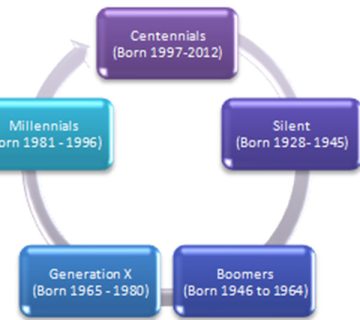Since its commercial birth in the 1950s as a technological oddity at a science fair, gaming has blossomed into one of the most profitable entertainment industries in the world. (TechCrunch.com, ‘’The History of Gaming: An evolving community” Riad Chikhani.
All games have a learning aspect to it; Call of Duty and Pacman which are action games teaches the player on Resource planning, adventure games like King’s Quest will train the player on problem solving mechanisms and thought relationships. Simulation games like the flight simulator helps the player improve their skills in observation of the different interactions and their results, fighting and sports games like FIFA Soccer Saga educates players on teamwork, hand- eye coordination and reflexes. Video games have always had educational value built in as any of them will promote strategic thinking and expand problem solving skills.
Games present a variety of sensory experiences thus ensuring the brain is well engaged, while also enhancing memories and therefore learning. Educational Games builds on this gaming benefit to develop interactive games that impart knowledge, inform, train or quiz users while playing. Edu games therefore offer the player more than pure entertainment as the player enjoys the fun element and practical aspect at the same time. A successful educational game will have well thought out gaming, learning and technical aspects.
Educational games are applied in different fields like education, health, defense, finance, research and training and is continuously expanding as technology develops. Edu games, as is typical of other games, must ensure to engage players by having an element of conflict, which is well described and defined and which demands the intervention of the players as they are guided by the games goals and rules. Short feedback cycles ensure the action by players is immediately felt. The entertainment aspect is also crucial as they also offer a challenging aspect for the players. A successful Edu Game has to have game appeal and depth while striking a balance between not being overly complicated but at the same time complex enough to hold the player’s attention.
Game play and Game flow are the critical components of Edu games. The game play has to be well defined by having a clear set of rules and objectives that will guide the players with command methods that will outline how the game will be played. The environment of the game world needs to hold the players interest. A timeframe, even though temporary, ensures the players have a time limit and lastly, just like a good story, the game plot must develop as the players play.
The game flow is the state players enter into when completely absorbed by the current activity of playing the game. An Edu Game’s flow must provide a realistic feel, clearly defined objective and continuous feedback to make the player fully engaged in gaining and mastering various skills levels of the game Another method of Edu Games to engage players is making sure the game offers a reward system and to promote competition and collaboration with peers when needed.
We can all admit, “Knowledge is learning and skill is the application of the knowledge”. Educational games provide a unique experience that promotes the essential gratification of the players as it keeps them engaged and motivated. As players strive for continuous improvement in the game, the game should on the other hand offer difficult challenges to them allowing for progressive attainment of knowledge.
Irene Mugua
Business Development Supervisor




































